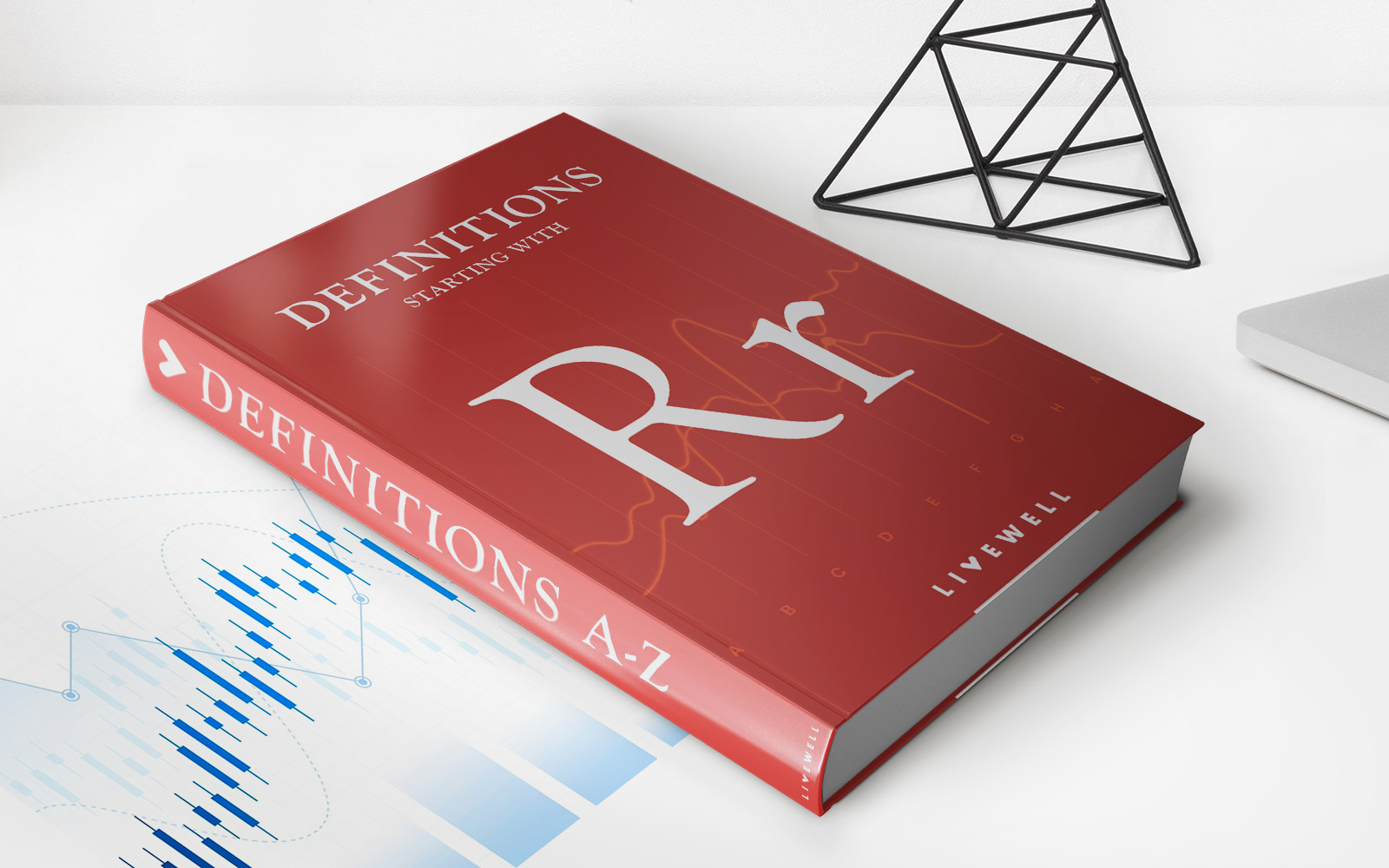Home>Finance>What Is The Base Effect? Definition And How Comparison Works


Finance
What Is The Base Effect? Definition And How Comparison Works
Published: October 14, 2023
Find out what the base effect is in finance and how its comparison works. Understand the definition and impact it has on financial analysis.
(Many of the links in this article redirect to a specific reviewed product. Your purchase of these products through affiliate links helps to generate commission for LiveWell, at no extra cost. Learn more)
Understanding the Base Effect in Finance: Definition and Comparison
When it comes to navigating the world of finance, understanding key concepts can make a significant difference in your decision-making. One such concept that often comes into play is the base effect. But what exactly is the base effect, and how does it influence comparisons? In this article, we’ll delve into the definition of the base effect and explore how it works in the realm of finance.
Key Takeaways:
- The base effect refers to the impact of a previous period’s performance on current comparisons.
- It typically arises when comparing data year-on-year or period-on-period.
What is the Base Effect?
The base effect is a term used to describe the change in a specific metric’s value resulting from the comparison to a previous period. It arises when we evaluate the performance of a particular variable or indicator over time. Generally, the comparison is made year-on-year or period-on-period to assess growth or decline in a specific field, such as GDP, inflation rates, or sales figures of a company.
For instance, let’s say a company’s sales grew by 15% in Year 1 and 5% in Year 2. Without considering the base effect, one might assume that the company’s sales are declining. However, if we take into account the base effect of the previous year’s higher growth rate, we can see that the company’s sales are still expanding, albeit at a slower pace. The base effect allows us to account for the context and make more accurate comparisons.
How Does the Base Effect Influence Comparisons?
The base effect can have a significant impact on comparisons, as it provides a broader perspective that helps interpret changes in trends. By understanding the base effect, we can avoid making hasty conclusions based solely on year-on-year or period-on-period comparisons. Let’s explore some ways in which the base effect influences comparisons:
- Contextual Understanding: The base effect allows us to assess the current performance of a variable in the context of previous periods. It helps us understand whether the observed change represents a significant deviation from the norm or is just a continuation of an existing trend.
- Long-Term Analysis: By considering the base effect, we gain a more accurate understanding of long-term trends. It helps us identify cyclical patterns, seasonal variations, and potential outliers that could affect the interpretation of current data.
- Data Manipulation: The base effect can occasionally be utilized to manipulate data for specific purposes. Understanding how it works enables us to critically assess any potential manipulation and make informed decisions based on reliable information.
In Conclusion
The base effect is an essential concept to grasp when it comes to financial analysis and decision-making. By understanding how the base effect influences comparisons, we can ensure that our assessments are more accurate, balanced, and reliable. By considering the broader context and the impact of previous periods, we gain a deeper understanding of trends and make more informed decisions based on business or economic data.
So, the next time you come across year-on-year or period-on-period comparisons, remember to take the base effect into account to get the full picture and avoid any misinterpretations.














